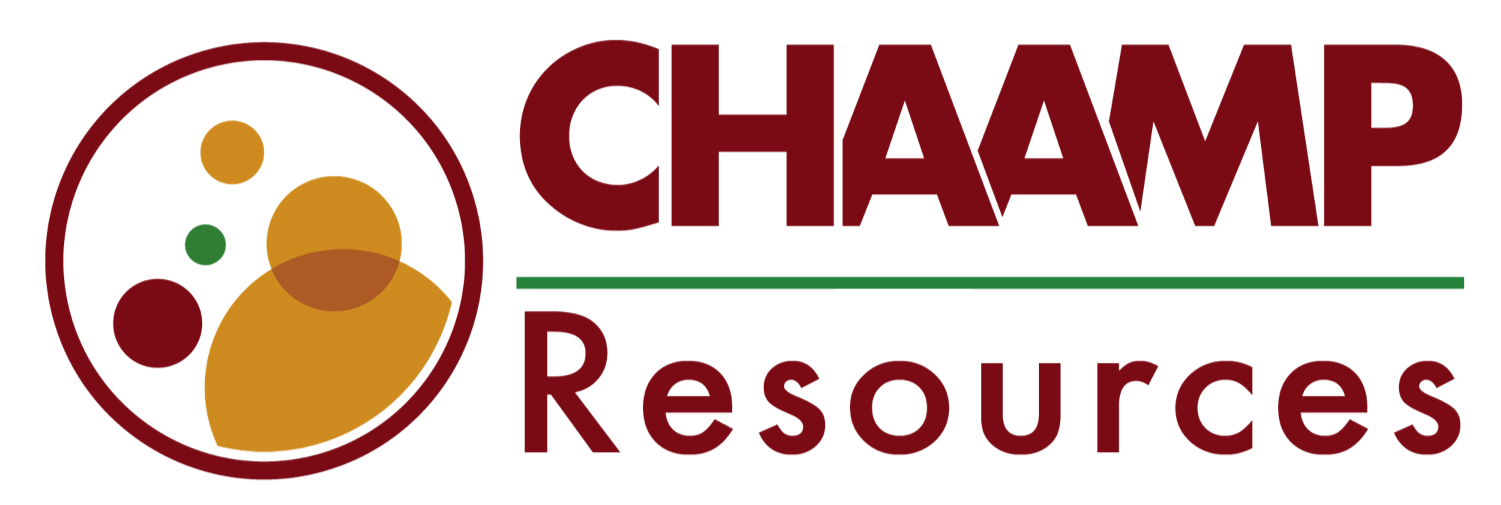Session 1: Do Genetics Explain Race?
Description
Session 1: Do Genetics Explain “Race”?
This session will explore the concept of race and its basis in human biology versus sociology. This background will frame next week’s exploration on the factors that contribute to health disparities.
Required Readings:
Steve Olson. Chapter 2, “Individuals and groups,” pp. 32-48; Chapter 3, “The African diaspora and the genetic unity of modern humans.” In: Mapping Human History: Genes, Race, and Our Common Origins (Boston, MA: Mariner Books, 2002), pp. 54-69.
Francis S. Collins. Chapter 5, “What’s race got to do with it?” In: The Language of Life: DNA and the Revolution in Personalized Medicine (New York, NY: HarperCollins Publishers, 2010), pp. 142-164.
Melissa Nobles. “History counts: a comparative analysis of racial/color categorization in US and Brazilian censuses.” Amer Jou Pub Health 2000;90:1738-1745.
Race: The Power of an Illusion http://www.pbs.org/race/000_About/002_04-background-01.htm
Optional readings:
James Jones. Chapter 1, “A moral astigmatism.” In: Bad Blood: The Tuskegee Syphilis Experiment (New York, The Free Press, pp. 1-15. (Most important optional reading)
Alan H. Goodman. “Why races don’t count (for racial differences in health).” Amer Jou Pub Health 2000;90:1699-1702.
J.S. Haller, Jr. The physician versus the negro: medical and anthropological concepts of race in the late nineteenth century. Bull Hist Med 1970;44:154-67.
John Hope Franklin. “Ethnicity in American life: the historical perspective”. In: Race and History: Selected Essays, 1938-1988 (Baton Rouge, LA: Louisiana State University Press, 1989), pp. 321-331.
Questions
- How is a “race” defined biologically?
- Are there distinct human “races”?
- Does the term “race” as it is used today in the United States to group individuals have a basis in biology?
- What evidence do scientists use when arguing that all persons are members of one large human family?
- Does the use of “ethnicity” provide a more accurate way to group individuals?
- Do genetics predict health disparities?
- What is “environment” and how does it contribute to disease expression?
